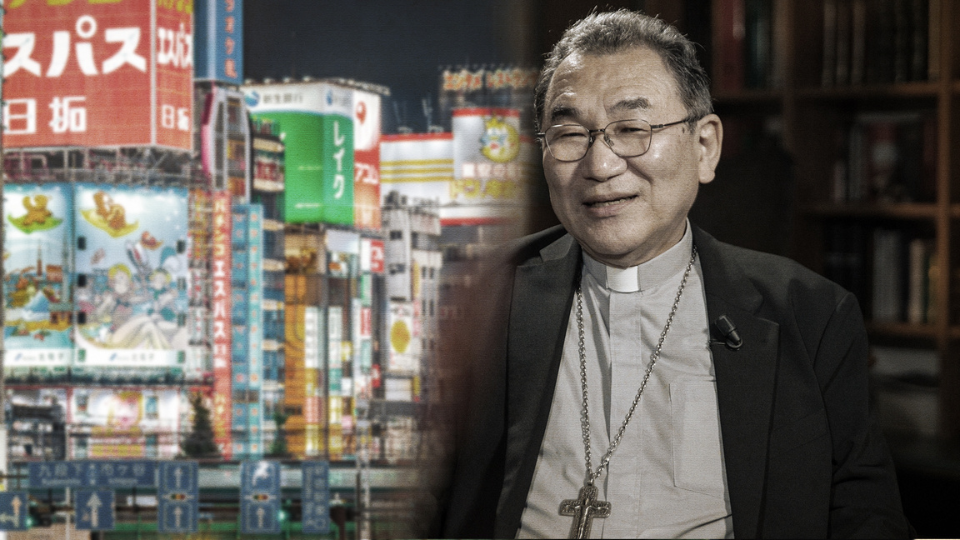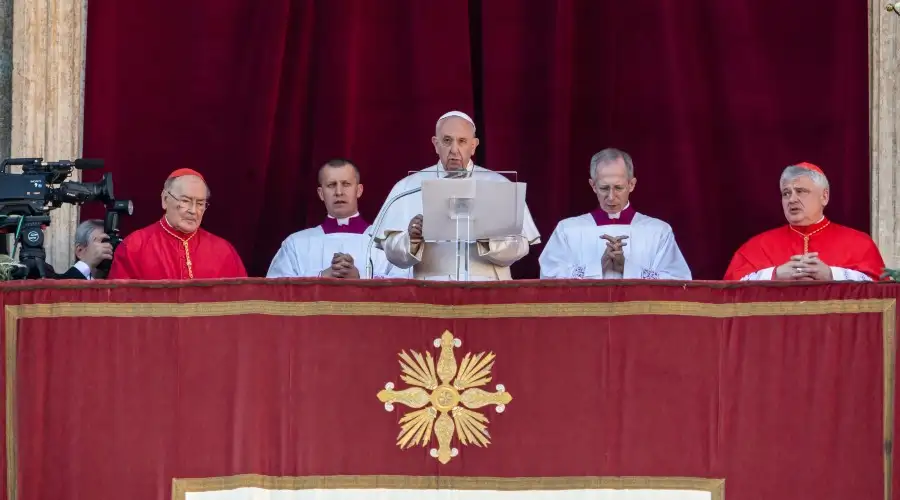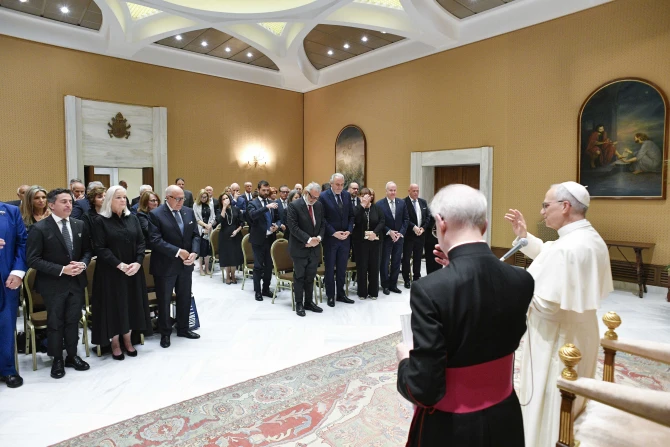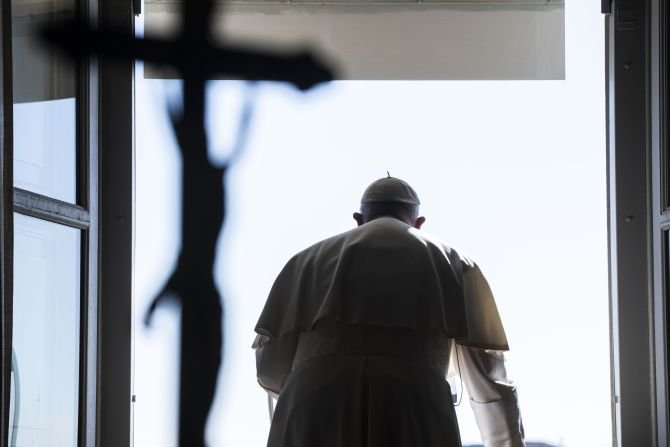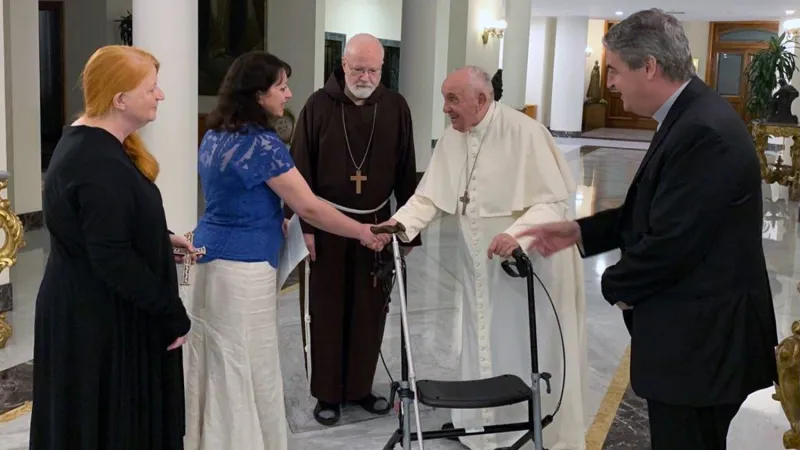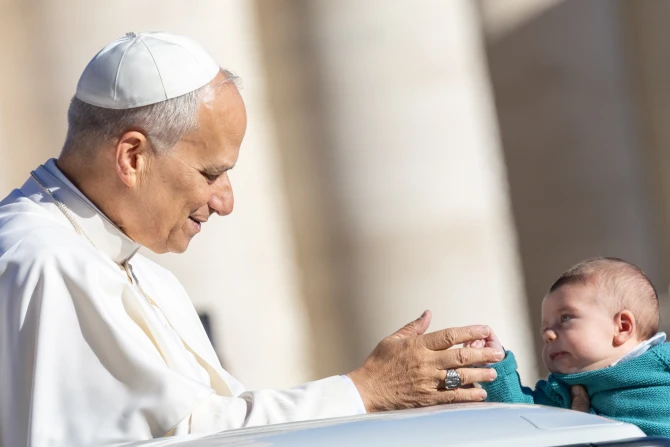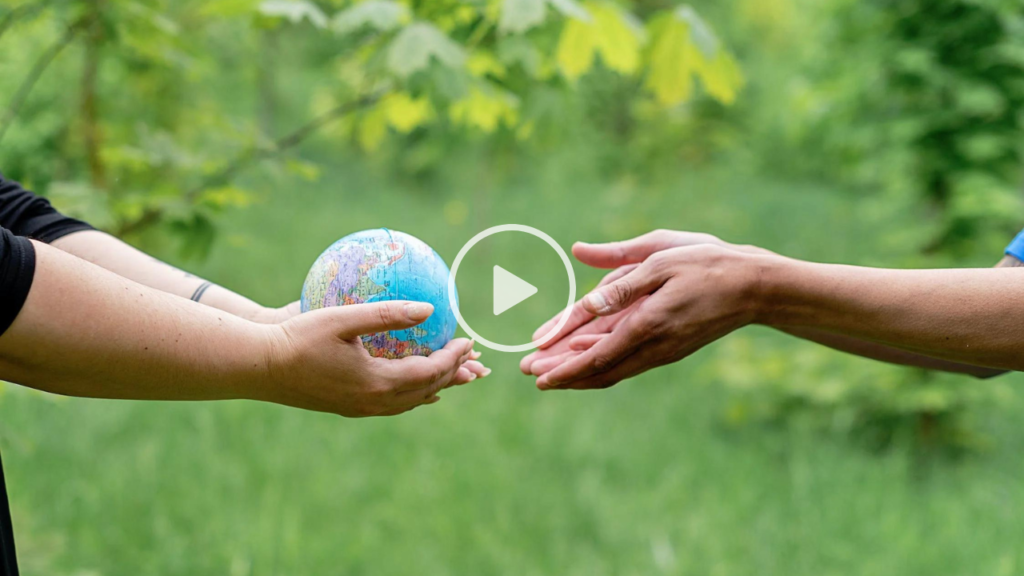EWTN Rome Correspondent Colm Flynn sits down with Cardinal-elect Tarcisius Isao Kikuchi, the Archbishop of Tokyo. Recently appointed by Pope Francis, Cardinal Kikuchi reflects on his unexpected elevation to cardinal and the responsibilities it entails. The discussion also delves into the unique challenges faced by the Catholic Church in Japan, a nation with a complex history of Christianity, including periods of persecution and suppression. With around half a million registered Catholics and a significant population of migrant Catholics, Cardinal Kikuchi emphasizes the church’s growing diversity amid societal challenges, such as Japan’s declining birth rate and aging population. As the Cardinal participates in the ongoing Synod, he shares his hopes for fostering a unified understanding of synodality within the church, aiming to build a strong foundation for its future.
Colm Flynn: Archbishop Isao Kikuchi, it is great to meet you and thank you so much for doing this interview.
Cardinal-elect Tarcisius Isao Kikuchi: Thank you very much for inviting me.
Colm Flynn: You are here at the Synod from Tokyo, Japan and you have just been announced by Pope Francis as one of the Cardinal elects this December, you will be given the Red Hat. How does it feel to become a Cardinal?
Cardinal-elect Tarcisius Isao Kikuchi: I was really surprised because I was not expecting it, and I met the Holy Father just a few days before the announcement. We took a picture together. He smiled at me and he didn’t say anything.
Colm Flynn: Let’s talk a bit about the beautiful and fascinating country, your home country, of Japan. It has a very sorrowful history when it comes to Christians and the persecution of Christians and the suppression of the faith. 123 million people in the country, how many Catholics?
Cardinal-elect Tarcisius Isao Kikuchi: Half a million are Japanese Catholics who are registered to the parishes, but we think, and we believe that we must have another half a million migrant Catholics in Japan. Especially the Filipino community which is the biggest and there are a big number of South Americans from Brazil and Peru, and then also there are many from other countries in Asia and Africa.
Colm Flynn: We talk a lot now about the shift in power in the Catholic Church going to Africa, going to Asia, the Pope’s recent trip across Southeast Asia. And what is it like in society today? I know the problems in Japan that you’ve been speaking out against before in the last number of years, for example, the population decline, and the birth rate has been completely dropping off. Is that still the case today?
Cardinal-elect Tarcisius Isao Kikuchi: The society right now is an aged society without young kids and the birth rate is still going down. So we’re really worried about the future, what will happen then with only the old people in society and no young people, then how to maintain this structure of the society is a big problem right now in Japan.
Colm Flynn: The Catholic faith is it growing somewhat with the immigrants coming in? Is it stable?
Cardinal-elect Tarcisius Isao Kikuchi: The Catholic Church itself in Japan is growing. Why? Because of the influx of migrants. But we don’t have young Japanese joining the church. So the number of Japanese Catholics are just stable, less than half a million, but then migrant Catholic numbers are growing.
Colm Flynn: You are here for the entire month for the Synod. What would you like to see is the result, something that would make you think that was a worthwhile exercise, that’s a good result from the Synod?
Cardinal-elect Tarcisius Isao Kikuchi: What I think what we are doing right now is to lay the foundation for the future Church and of course, we have been having the Church, and the Church is based on the long tradition of 2000 years of tradition.
We cannot just build this synodal Church, but we have to have the common understanding of the Church, the common understanding of the meaning of synodality.
And unless we have the common understanding of the foundation, everybody can build whatever we want. There will be a diverse Church without any unity. It would be a mess. So we have to definitely have this common understanding of the foundation. So I think at the end of the synod we will be able to produce some kind of the common understanding of what synodality means, what the synodal church means. That will be the foundation for the future development.
Colm Flynn: Archbishop Kikuchi of Tokyo and Cardinal elect. It’s been a pleasure talking to you. And thank you so much.
Cardinal-elect Tarcisius Isao Kikuchi: Thank you so much.
Adapted by Jacob Stein

